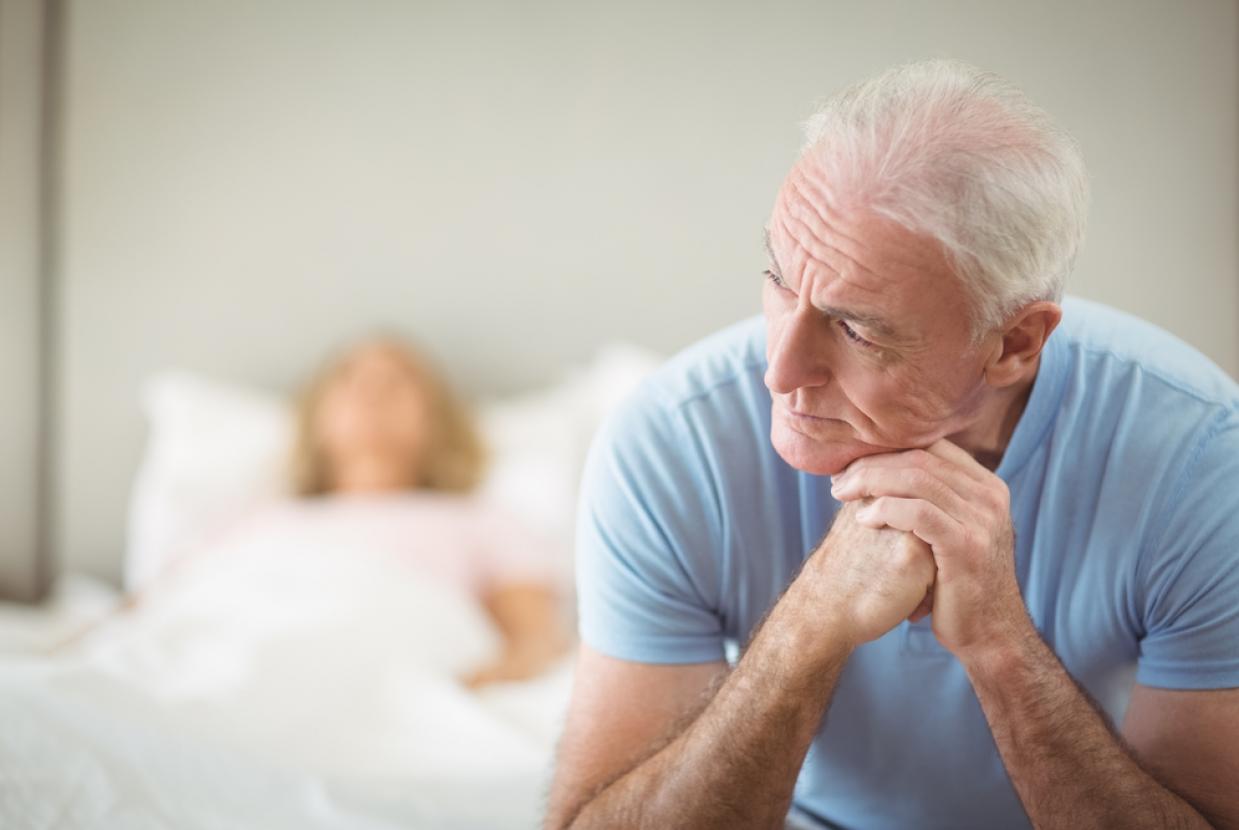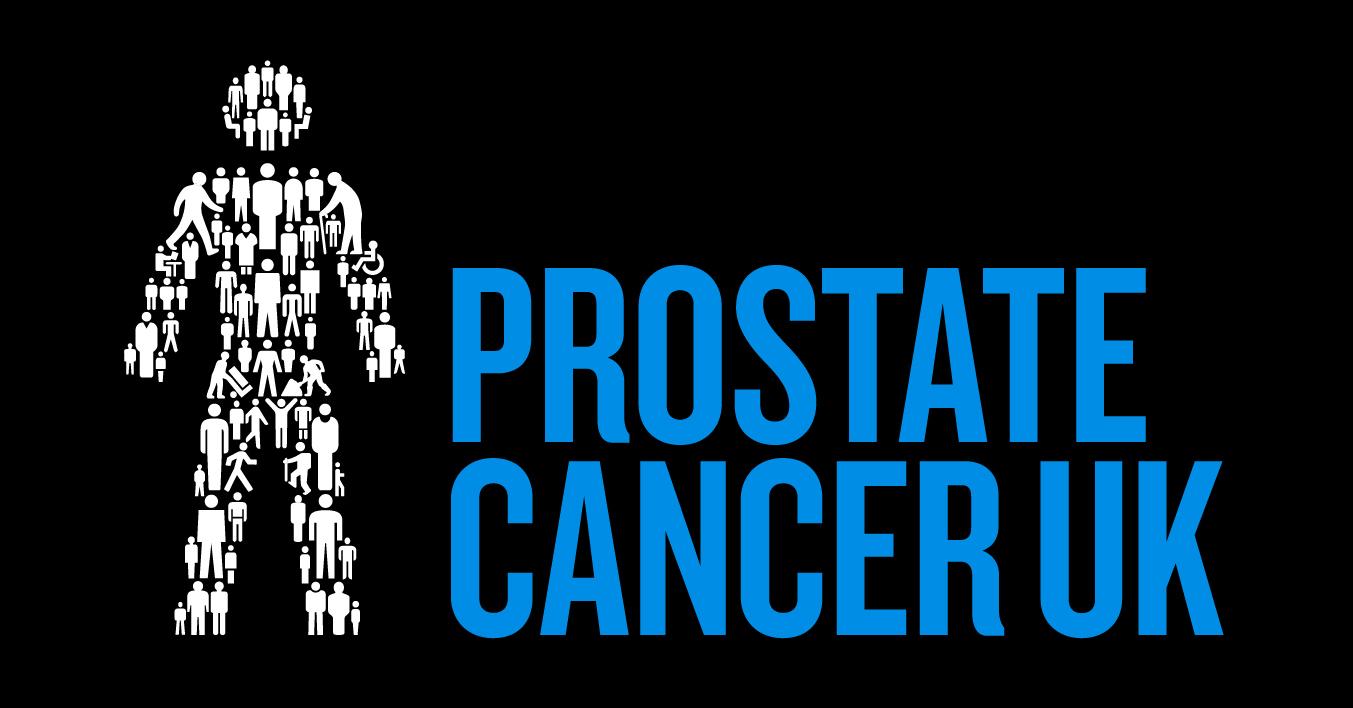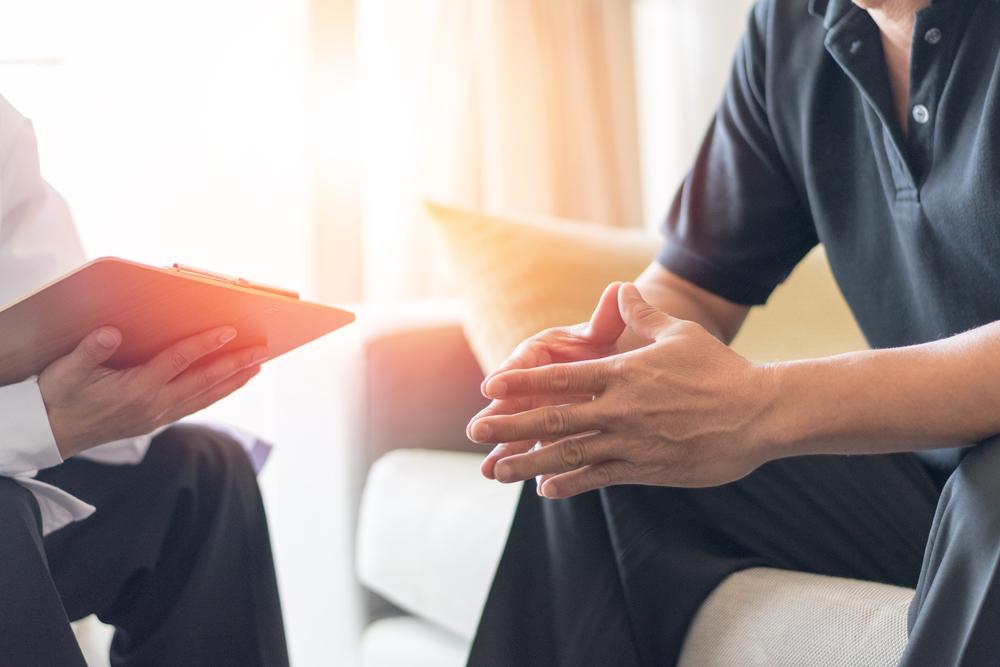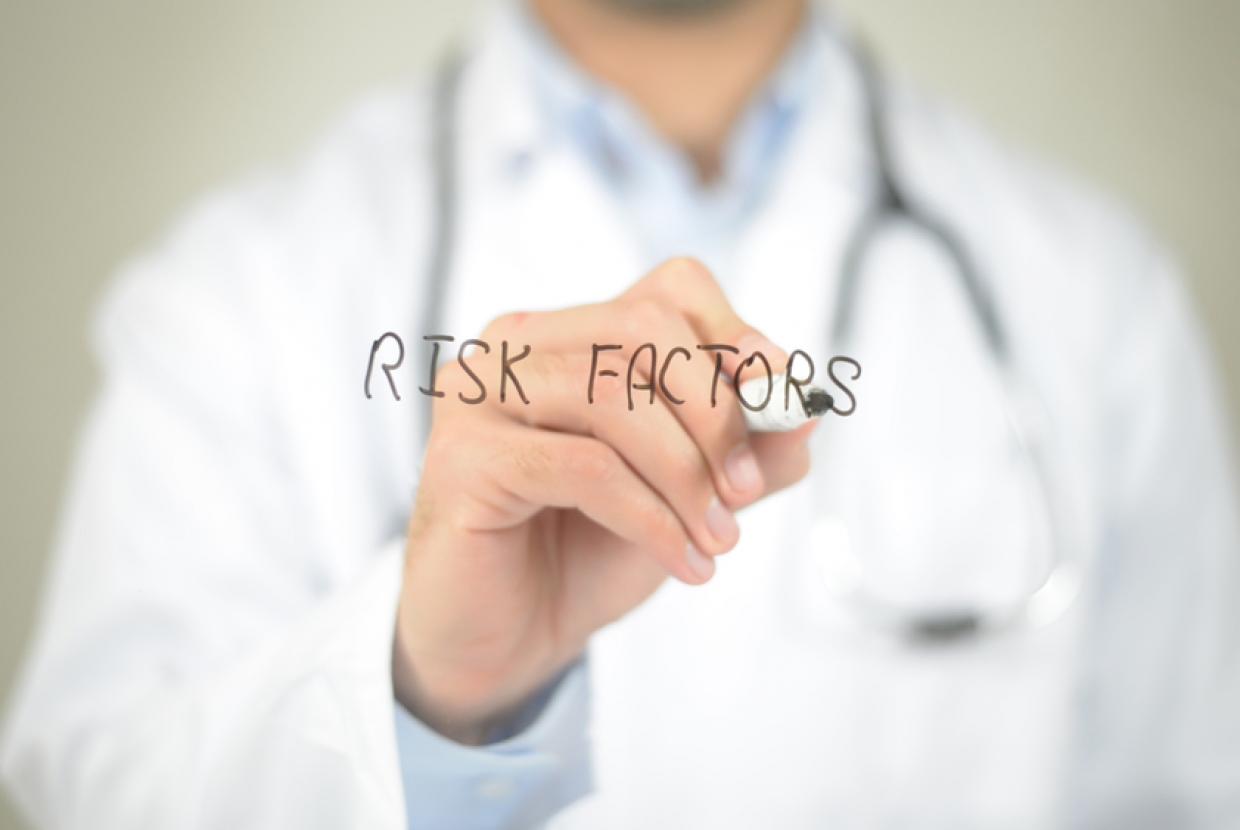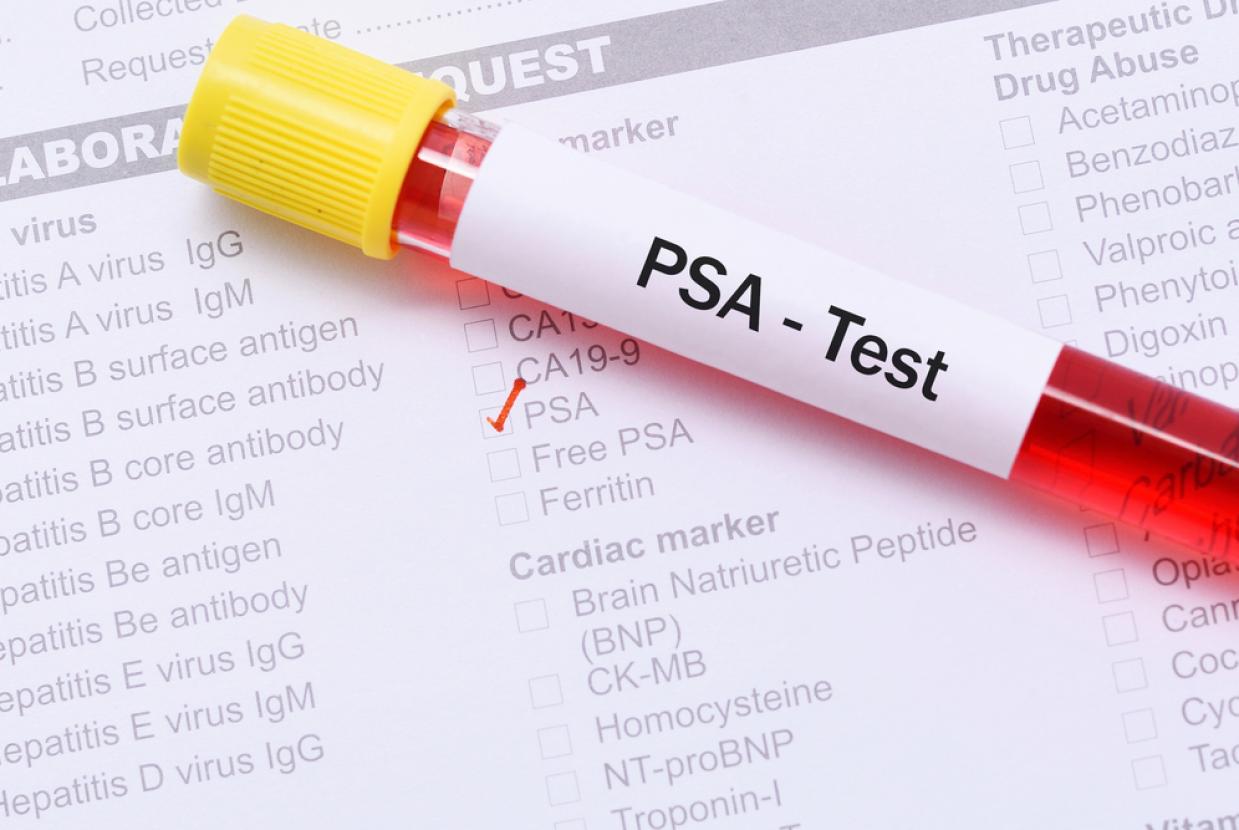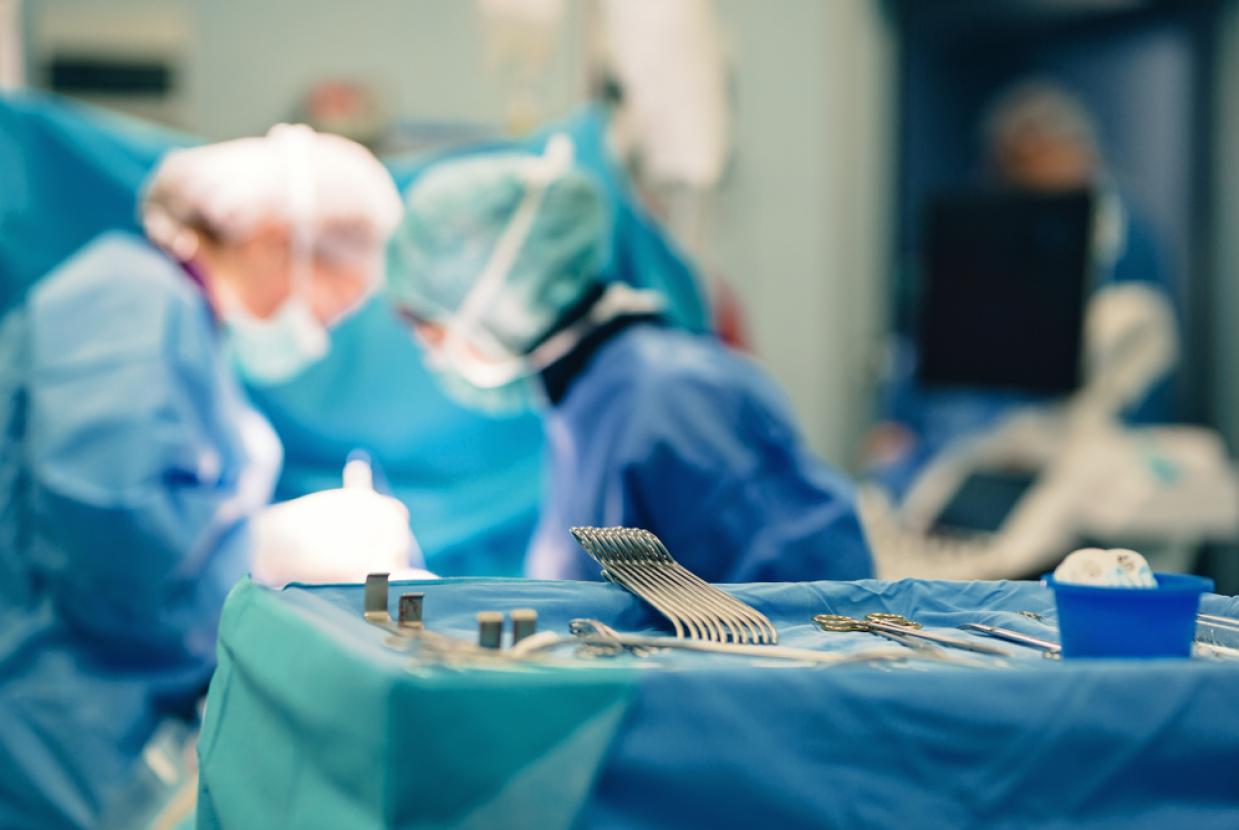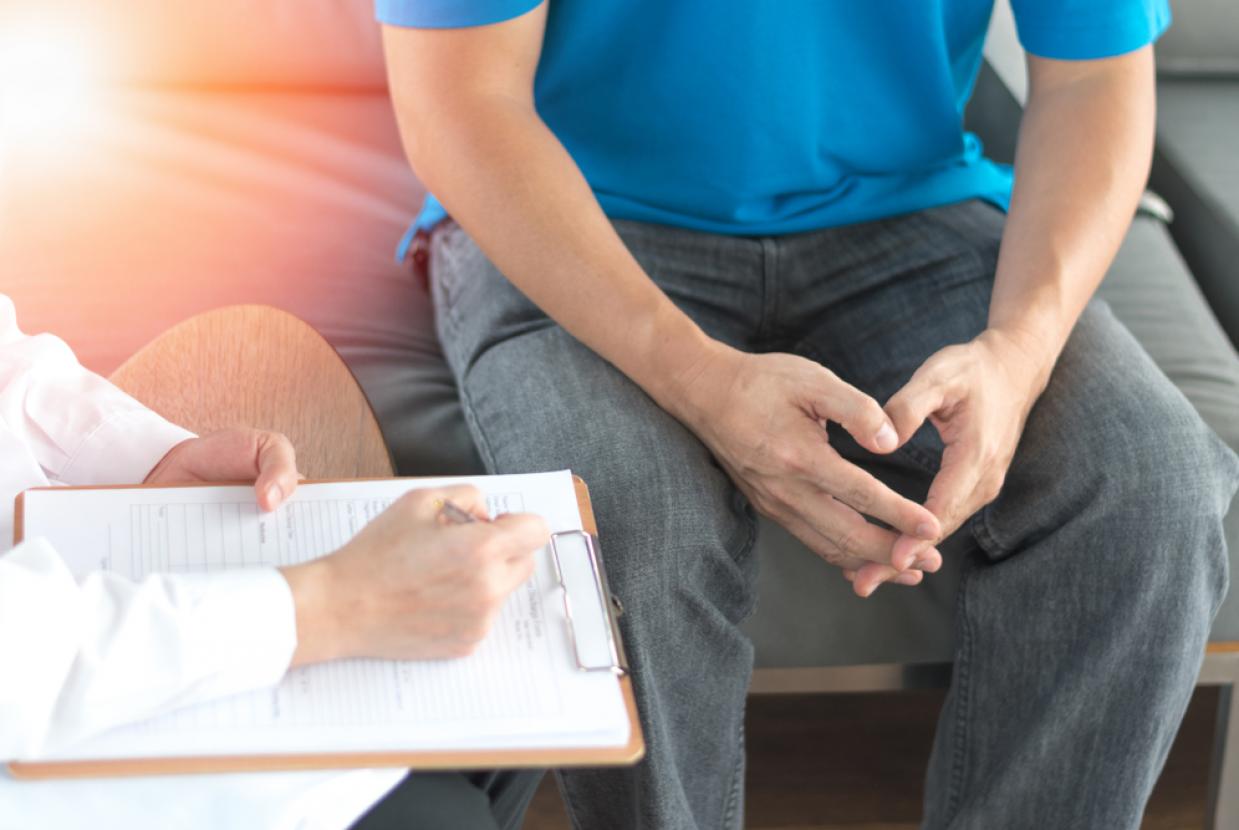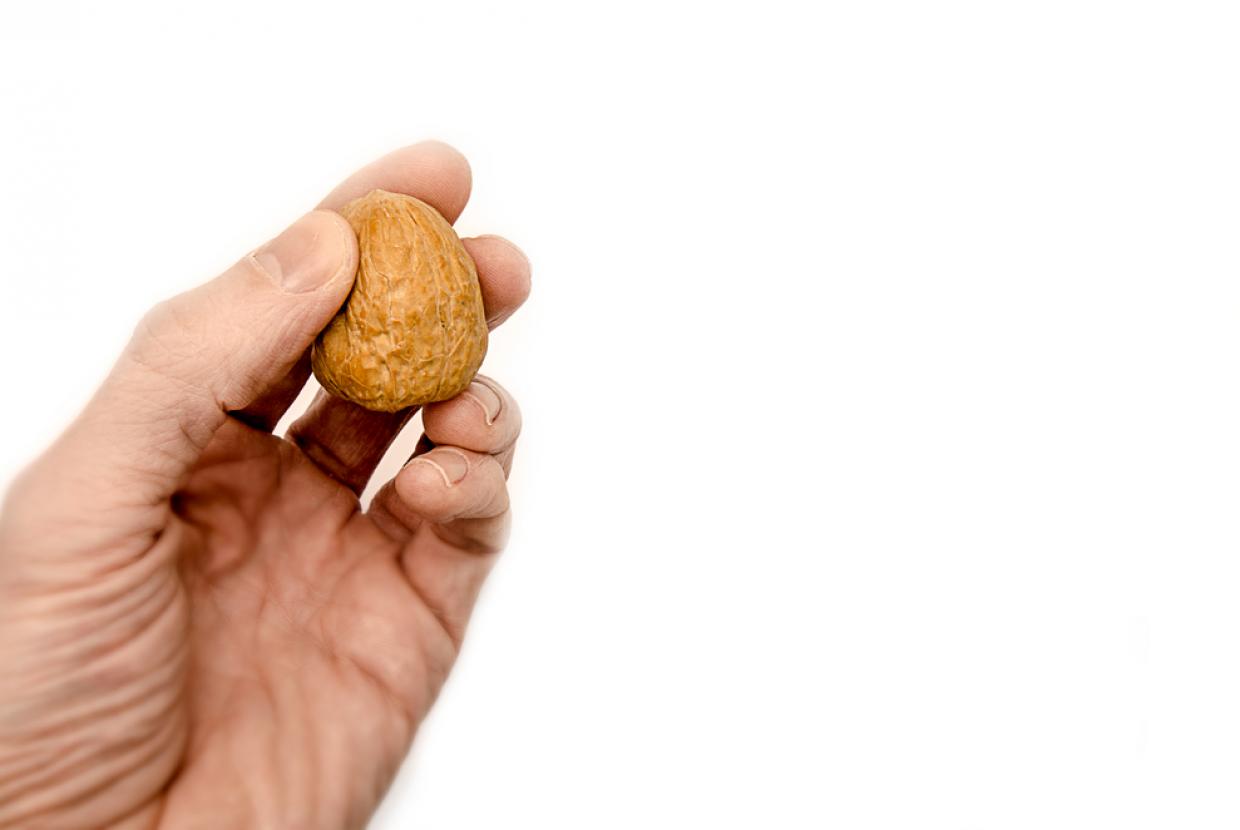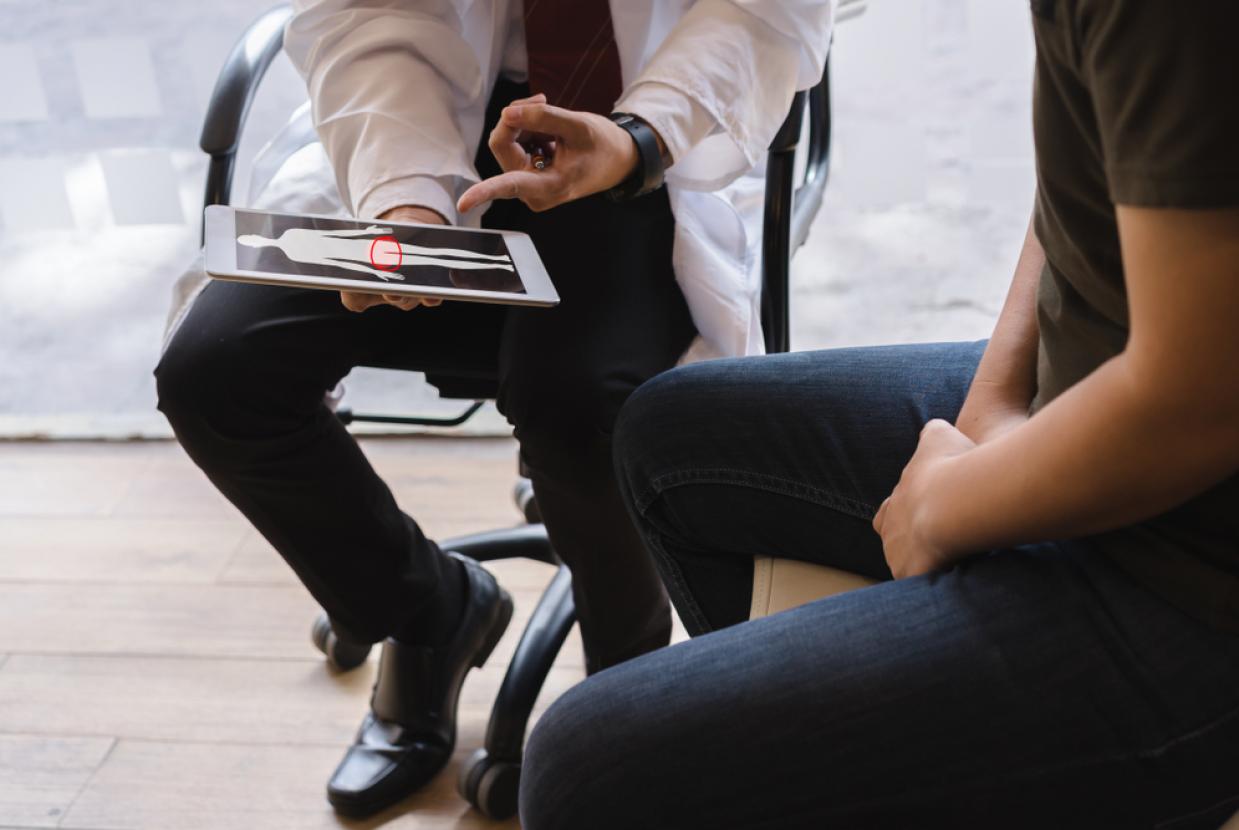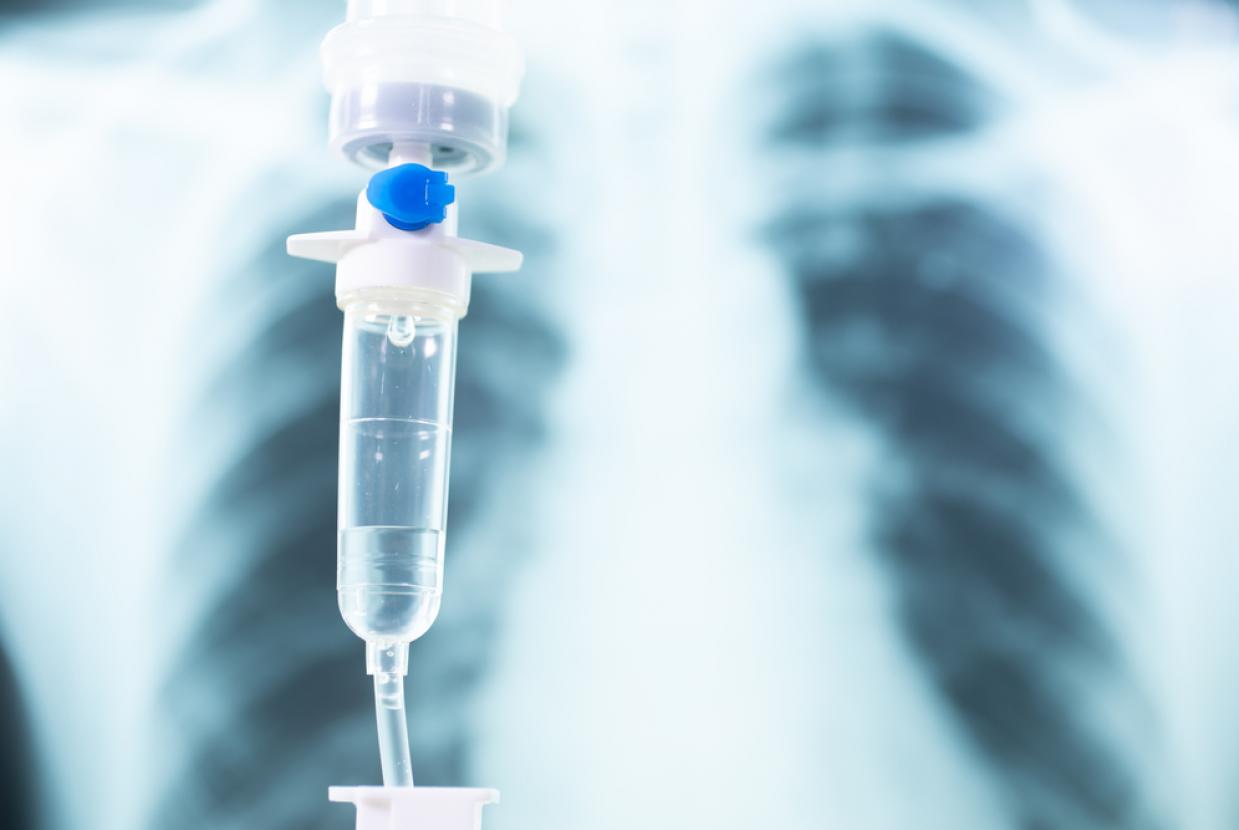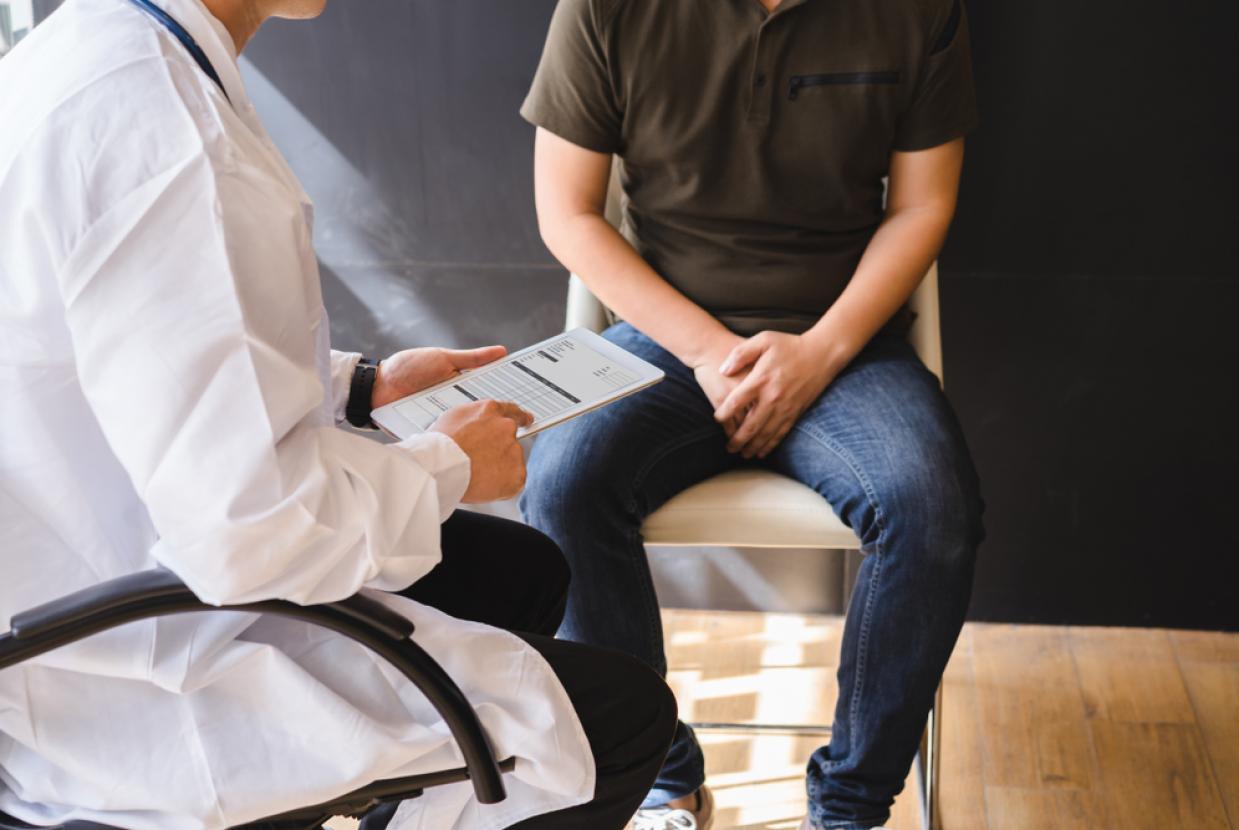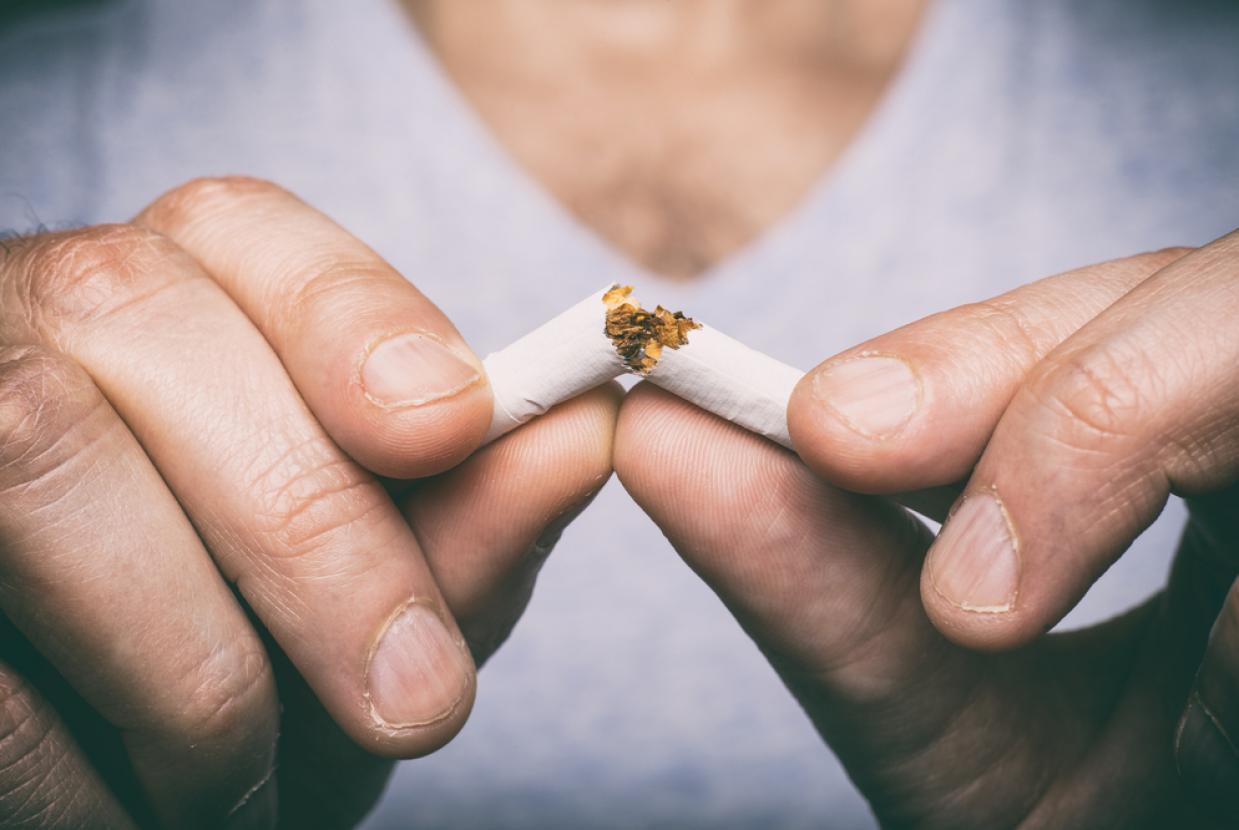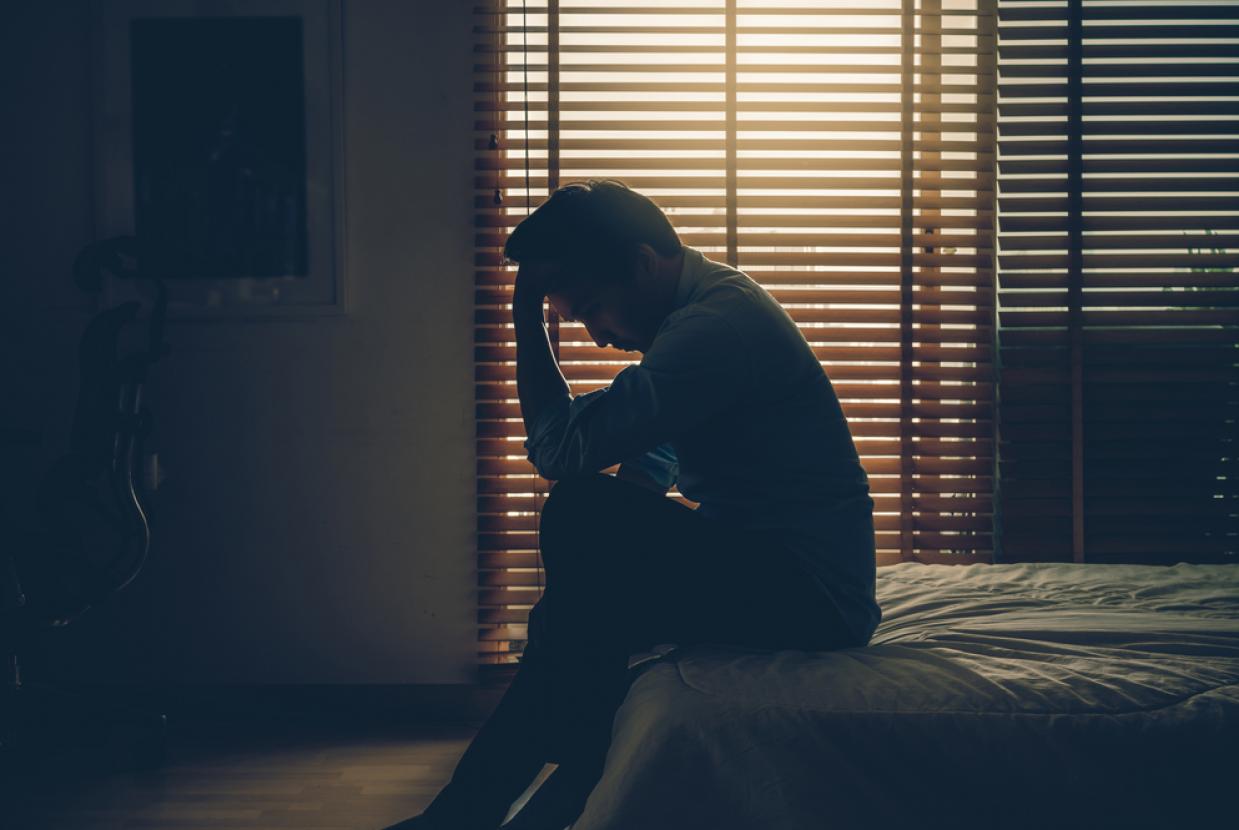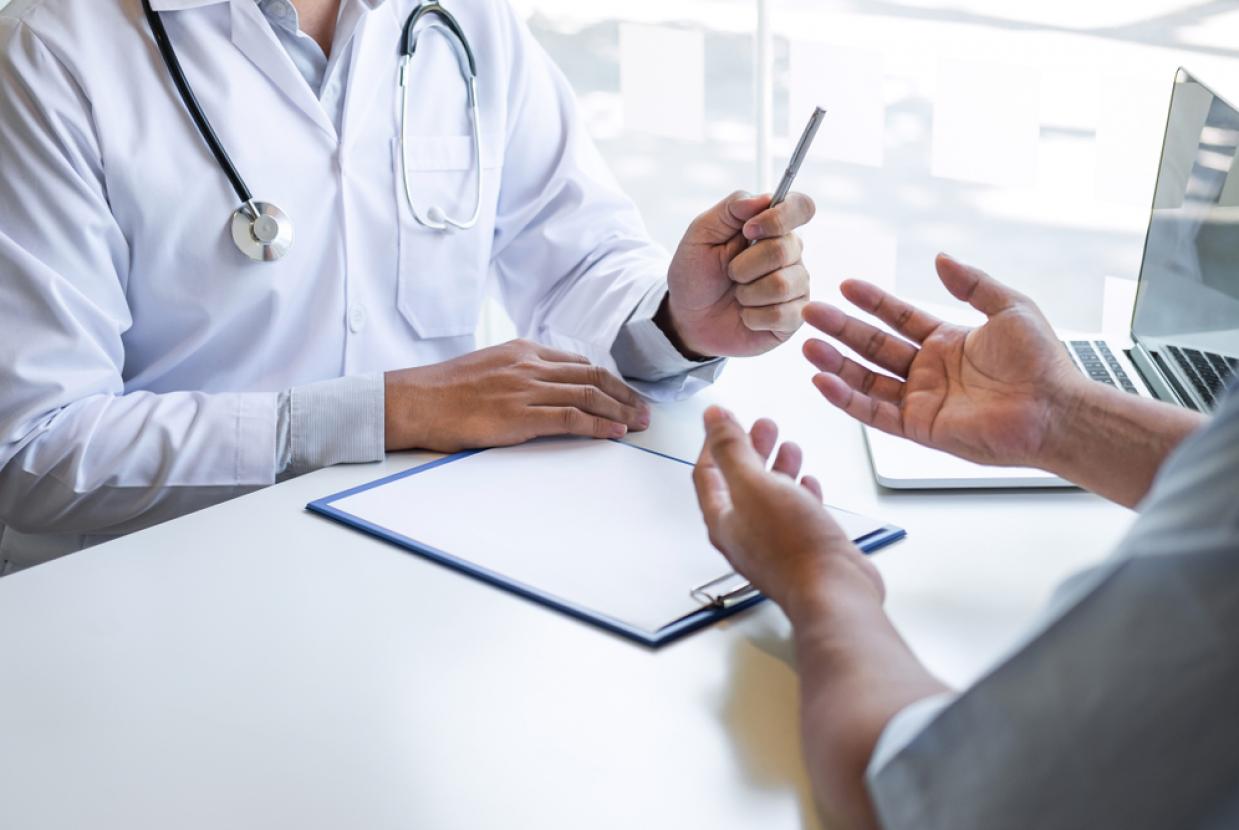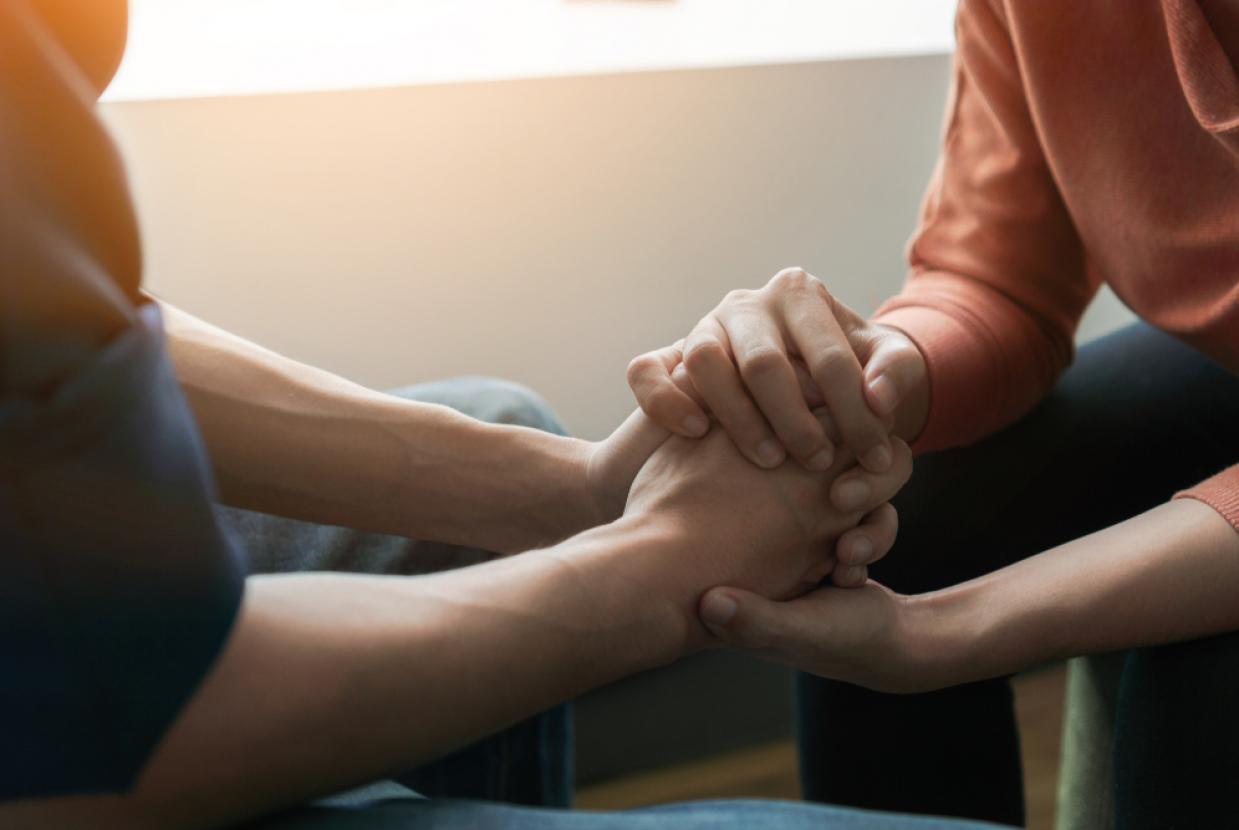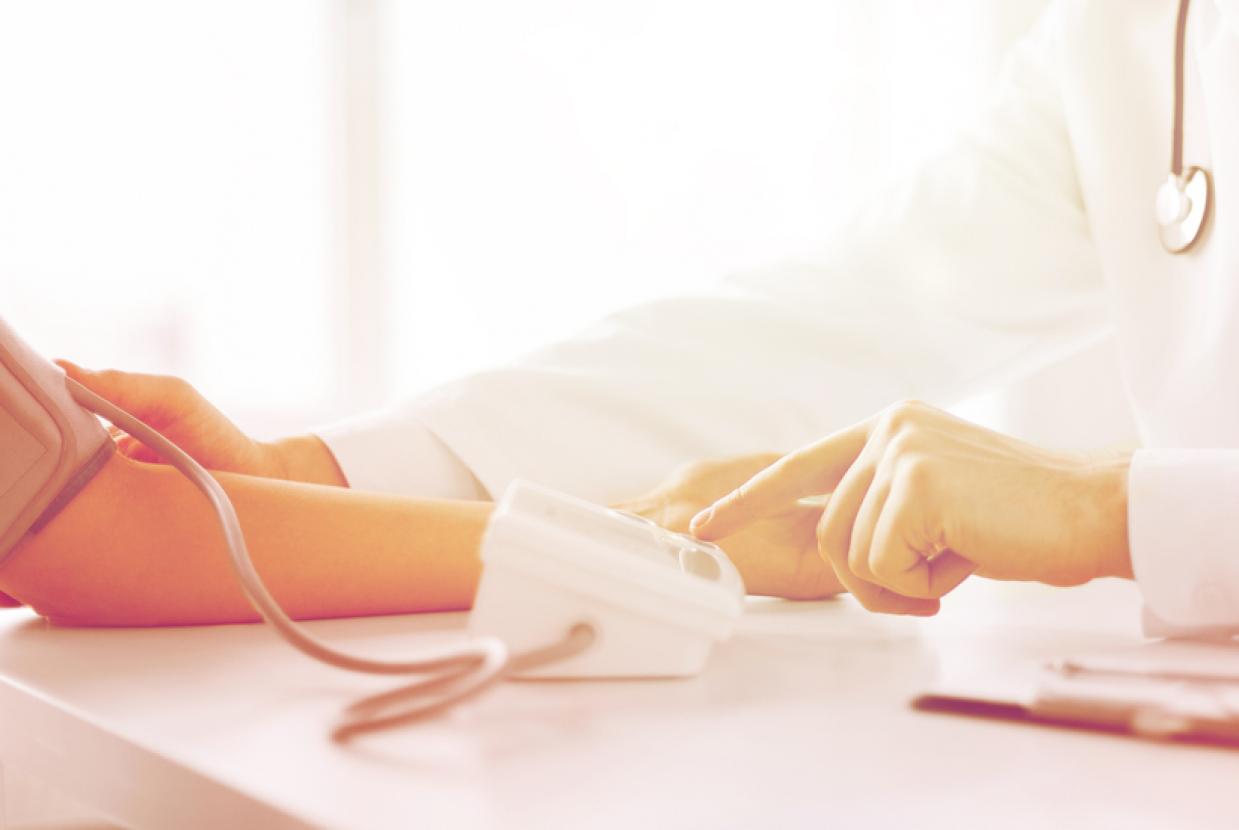Dealing With My Diagnosis
If you’ve just been diagnosed with prostate cancer, you might feel scared, worried, stressed or even angry. Your feelings may change over time. There’s no right way to feel and everyone reacts in their own way.
When you’re told you have cancer, it can be a shock and you might find it difficult to take everything in and cope with the information. Thinking about your cancer and possible treatments can be stressful and you may have lots of questions.
You may feel anxious about the future and how having prostate cancer will affect your life and your loved ones.
There are people who are there to support you and there are things you can do to help yourself. Families can also find this a difficult time and they may need support too.
How you can help yourself
Everyone has their own way of dealing with prostate cancer, but you may find some of the following suggestions helpful.
You may also find it helpful to read booklet Prostate cancer: A guide if you've just been diagnosed. In the booklet we explain what prostate cancer is, the tests you may have to diagnose it, and the treatment options available.
Look into your treatment options
Depending on your results, your cancer might be treated as:
- localised prostate cancer
- locally advanced prostate cancer
- advanced prostate cancer
There are different treatment options for each stage of prostate cancer.
Find out about the different treatments that you could have. Bring a list of questions to your doctor or nurse. And ask about any side effects so you know what to expect and how to manage them. This will help you decide what’s right for you.
Talk to someone
Share what you’re thinking – find someone you can talk to. It could be someone close or someone trained to listen, like a counsellor or your doctor or nurse. People involved in your care should be able to help with any questions or concerns you might have.
Set yourself some goals
Set yourself goals and things to look forward to – even if they’re just for the next few weeks or months.
Look after yourself
Take time out to look after yourself. When you feel up to it, learn some techniques to manage stress and to relax – like breathing exercises or listening to music. If you're having difficulty sleeping, talk to your doctor or nurse.
Eat a healthy, balanced diet
We don’t know for sure if any specific foods have an effect on prostate cancer. But eating well can help you stay a healthy weight, which may be important for men with prostate cancer. It’s also good for your general health and can help you feel more in control. Certain changes to your diet may also help with some side effects of treatment. Read more about having a healthy diet.
Be as active as you can
Keeping active can improve your physical strength and fitness, and can lift your mood. We don’t know for sure if physical activity can also help with some side effects of treatment. Even a small amount can help. Take things at your own pace. Read more about physical activity.
For more tips on dealing with a diagnosis, click here.


